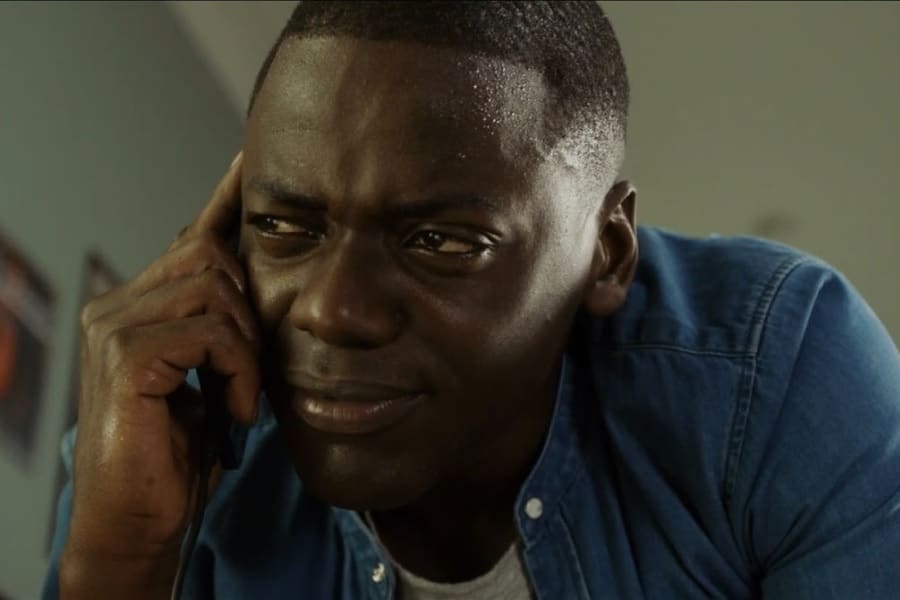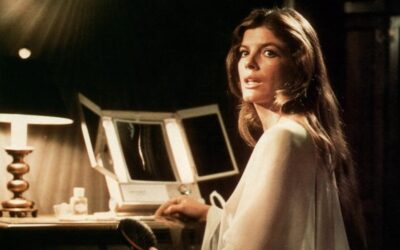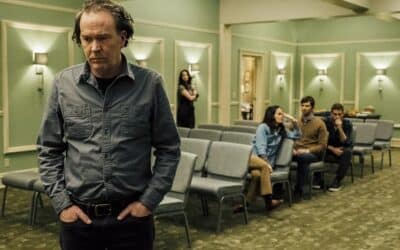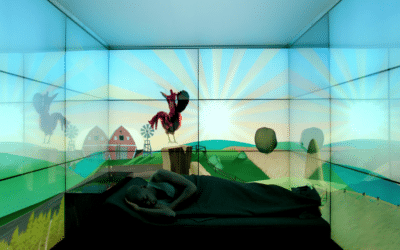
Social Commentary in Horror
Peel back the layers of a juicy horror tale, and what might one find lurking beneath? Grotesque monsters, bloodthirsty vampires, and shadowy apparitions? Of course. But dive a little deeper, and there emerges a world where horror and politics tango, shedding light on pressing societal issues in the most spine-chilling of ways. Let’s embark on a journey through this fascinating realm where horror intersects with political commentary.
Take George Orwell’s dystopian classic, “1984”. Not exactly the first book that springs to mind when one thinks of horror, right? Yet, it’s an unsettling narrative about an omnipresent surveillance state that strikes terror into our hearts. Orwell critiques totalitarian regimes and issues a stark warning about sacrificing personal freedoms for the illusion of security. Disturbing? Yes. Relevant? Absolutely.
Then there’s the iconic “The Stepford Wives” by Ira Levin. On the surface, it’s a chilling tale about suburban wives being transformed into docile robots. But dig a little, and it reveals a biting critique of patriarchal values, consumer culture, and the often suffocating roles women are expected to play.
Horror films and TV adaptations haven’t been shy about dipping their toes into these politically charged waters either.
Ever watched “Get Out”? Directed by Jordan Peele, this film deftly combines the trappings of a horror-thriller with sharp observations about race relations in America. Through the terrifying premise of black individuals being kidnapped and brainwashed to serve white families, Peele offers a stark reflection on racism, privilege, and the appropriation of black culture.
Another silver screen gem that stands out is “They Live” by John Carpenter. The story follows a man who discovers a pair of sunglasses that lets him see the world as it truly is, overrun by skull-faced aliens. Beyond the screams and shudders, the film dives deep into the critique of consumerism, mass media manipulation, and societal complacency.
On the smaller screen, the anthology series “Black Mirror” often infuses its tech-centered horror stories with timely societal concerns. From the dark side of reality TV in “Fifteen Million Merits” to the exploration of social credit systems in “Nosedive”, each episode is a chilling reflection on the potential pitfalls of our increasingly interconnected and digitized world.
Mary Shelley’s “Frankenstein” deserves a special mention too. While many view it as a tragic tale of a creature abandoned by its creator, the novel also delves into the dangers of unchecked ambition and the ethical questions surrounding scientific advancement. Frankenstein’s creature becomes a symbol of the consequences of playing god without considering the ramifications.
So, why does horror gravitate towards these thought-provoking narratives? Horror has a unique ability to make audiences confront uncomfortable truths. By wrapping societal critiques in layers of suspense and terror, the genre ensures that these messages aren’t just heard; they’re felt. The visceral reactions elicited by horror – the goosebumps, the racing heart, the urge to hide behind a cushion – amplify the impact of the underlying social commentary.
Moreover, horror’s inherent flexibility allows for a multitude of interpretations. A zombie apocalypse, like in “The Walking Dead”, can be seen as a reflection of societal collapse and human nature when stripped of the trappings of civilization. At the same time, the flesh-eating undead can symbolize the insatiable hunger of consumerism, ever-devouring and never satisfied.
Furthermore, infusing horror stories with political undertones gives them a longevity that pure shock-value tales might lack. They become snapshots of the societal anxieties of their time, evolving and adapting to the ever-changing landscape of human fears and concerns.
So, the next time a horror story sends shivers down your spine, remember: there might just be a deeper message lurking beneath those bumps in the night. Whether it’s a cautionary tale about technological overreach, a stark reflection on societal inequalities, or a critique of oppressive systems, horror has proven time and again that it’s more than just jump scares and gory visuals. It’s a mirror held up to society, reflecting its darkest corners and urging introspection. And while those reflections might be twisted and terrifying, they’re undeniably compelling, ensuring that horror remains not just a staple of entertainment but also a powerful tool for change.
More Horror Features
1970s Horror
The 1970s may be gone, but the fear they inspired remains
Horror Through the Ages
A Journey Through Time and Terror
Technology in Horror
When gadgets become nightmares



